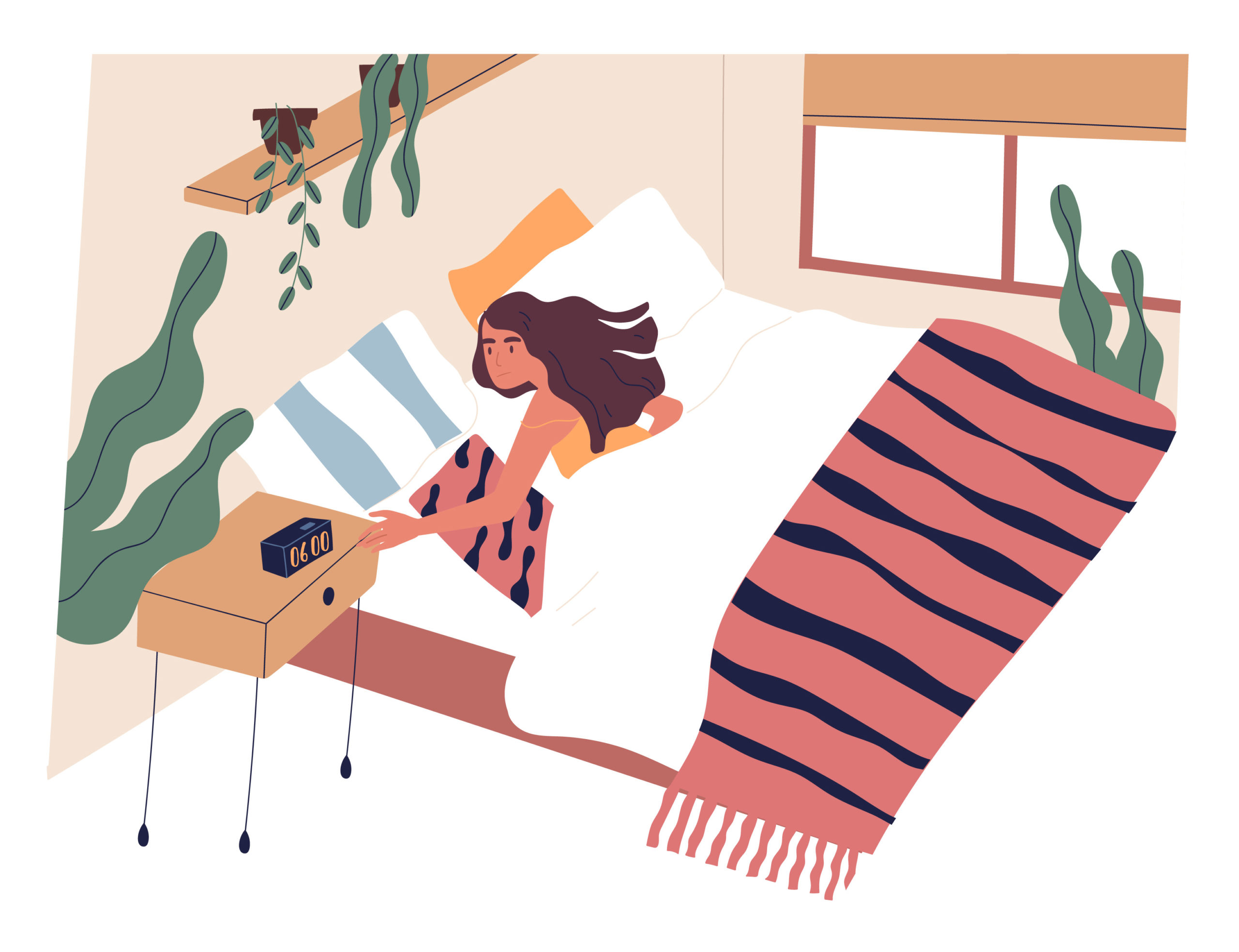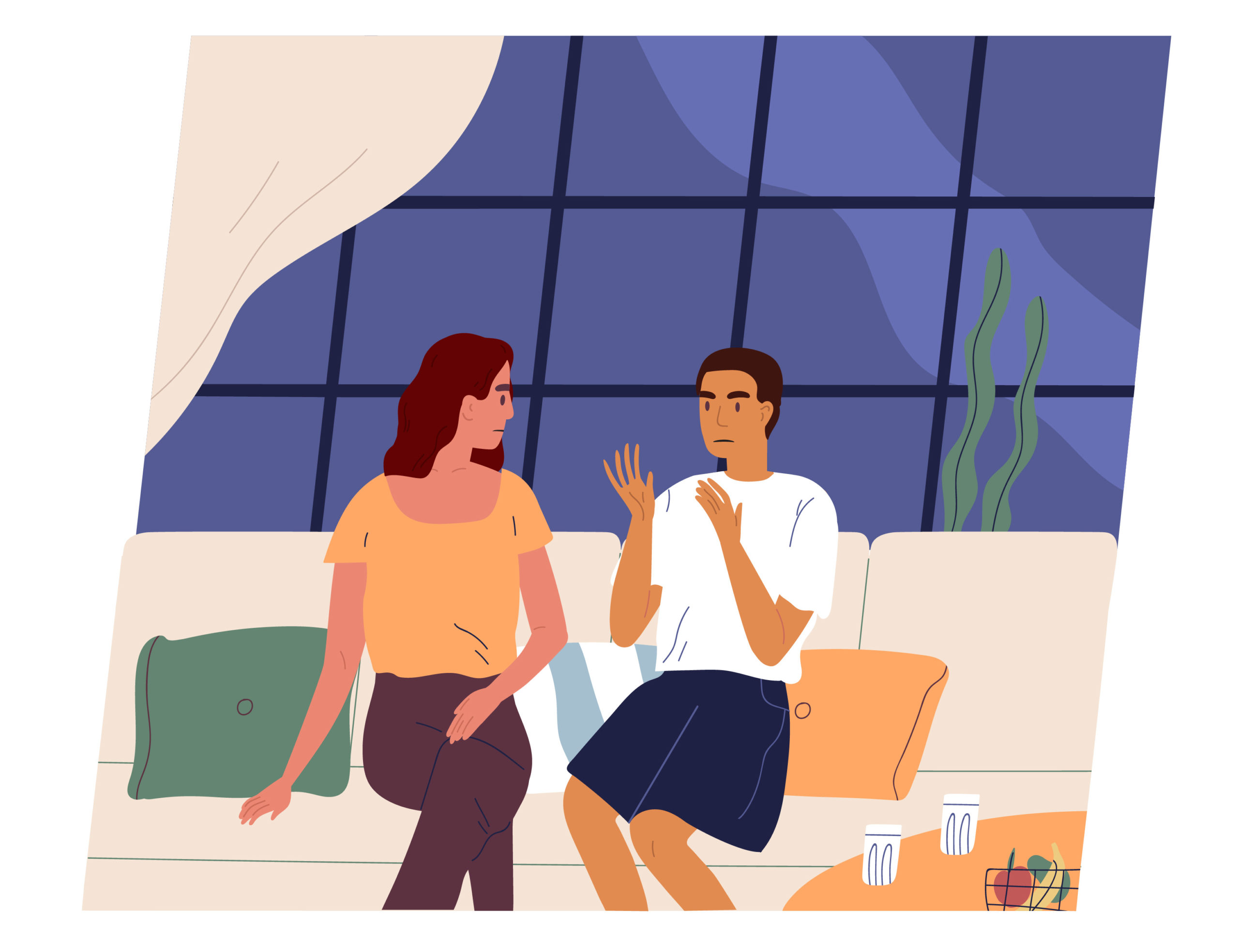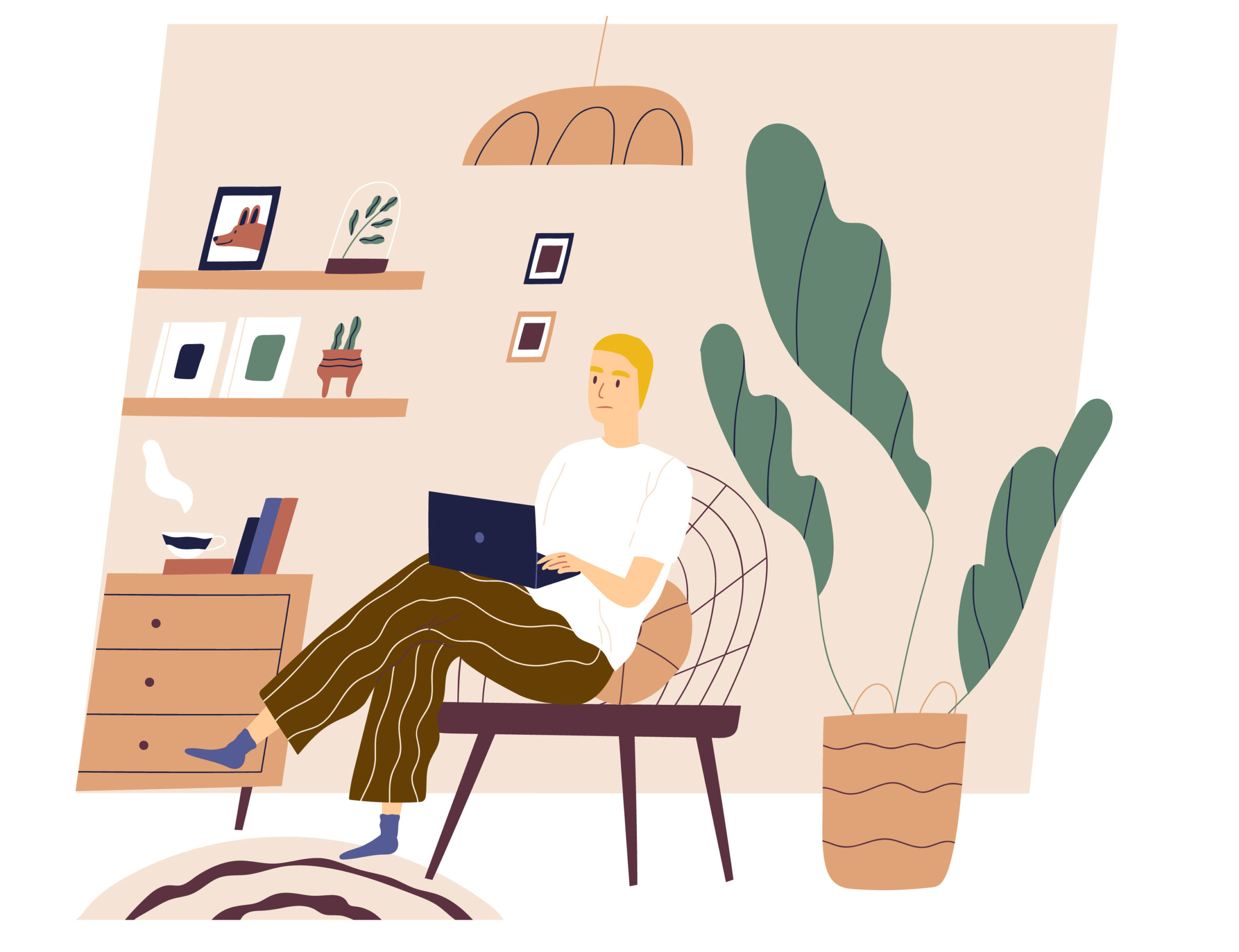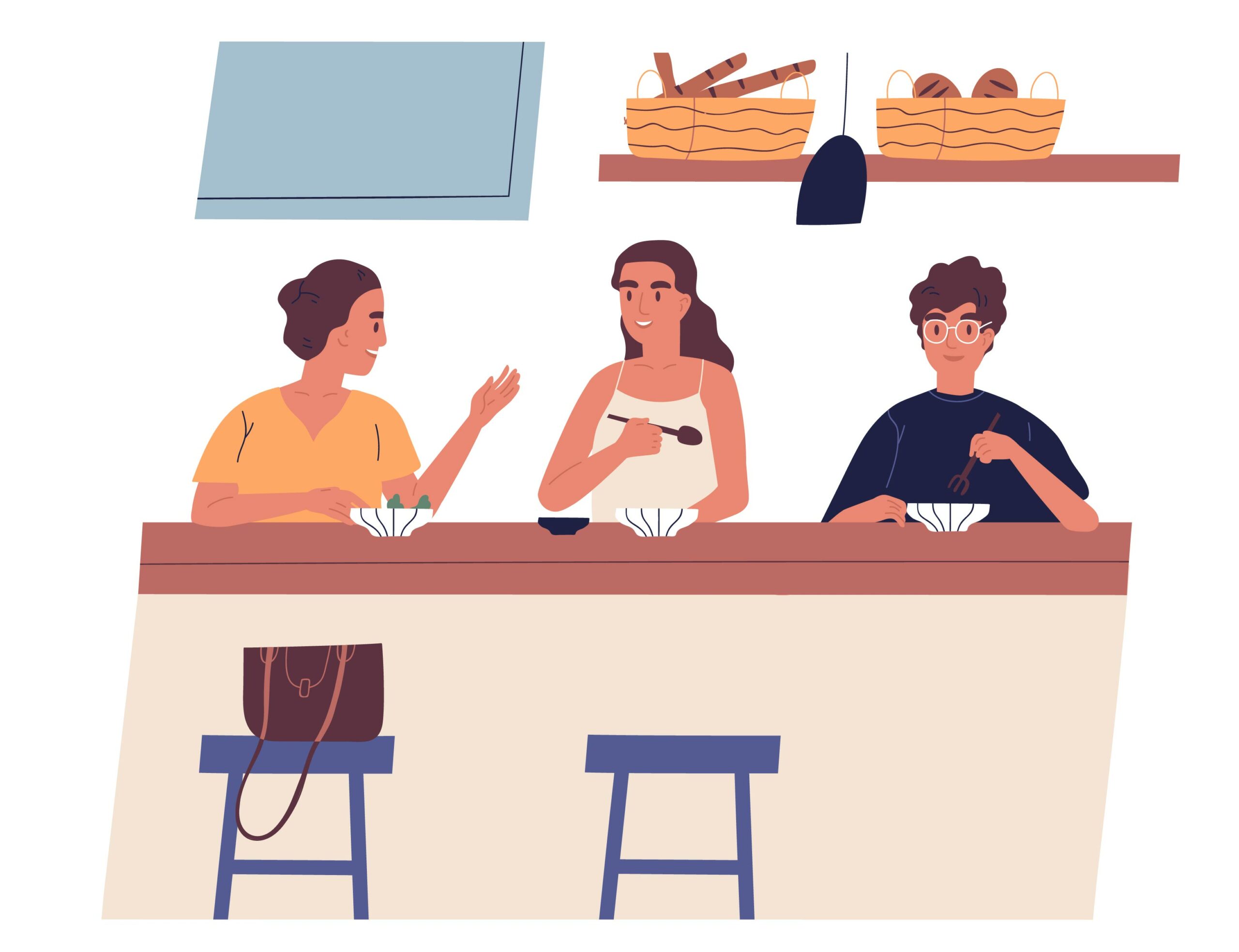Self-Care for the Caregiver
Self-Care for the Caregiver
Being a caregiver is tough. Grief is tough, and it can affect us in many ways—physically, cognitively, and spiritually. Caring for ourselves helps us personally and helps us be gentle with others. Yet caring for another person can also result in the loss of your independence, a loss of friends and social activities, and/or a loss of financial security. Whether we’re grieving alone or grieving while also caring for another, self-care is essential.
If you are experiencing loss while also caring for an autistic loved one, we offer the following basic guidelines for self-care.

Sleep
Grief often disrupts sleep. You may find yourself sleeping too little or much more than usual. You may have been in a caregiving role for a dying loved one and already sleep deprived, so grief may make you feel even more exhausted. Some grief counselors recommend taking a hot bath or shower before bed, sleeping in a cool room, and using plenty of blankets. The weight of blankets can be a comfort and helpful for sleep. Others find that limiting screen time before sleep, aromatherapy, or a sound machine can help with falling and staying asleep.
Be aware that sleep aids may disrupt sleep cycles even further. If your sleep is severely disrupted, speak with your physician.
Healthy Eating
Food may be the last thing on your mind following a loss. Often people who are grieving eat too little or too much or rely on unhealthy food that temporarily makes them feel better. A nutritious diet for you and for your autistic loved one will help give you both the energy to cope. Stay hydrated.

Identify and Use Your Support System
Whether you turn to your personal network or an organized grief support group, there are people who can help. Family members, friends, co-workers, members of your faith community, and neighbors are often willing to offer assistance, so don’t be afraid to ask. Most people in your intimate network will want to help but may not know what to offer or how to ask.
The bereaved often hear comments such as “let me know what you need.” Specific requests from you, such as asking a friend to pick up a prescription, shovel snow, drive you to an appointment, or walk the dog, can go a long way toward helping you in the first weeks following a loss and will also allow your friends to feel that they are helping. If in-home professionals are working with your autistic loved one, use that support to its full advantage. Consider accessing respite care to give you a needed break.
In many places, the autism community is characterized by a close network of families. Your support network may not specifically be centered around grief, but chances are good that several people in your group have experienced loss. Reach out and connect with those people.
Some therapists recommend reflecting intentionally on how those in your support network can best help, and suggest using the DLR coding system:
“D” for people who are good doers and are eager to help with specific chores and tasks.
“L” for listeners who are people you can turn to who will always listen without judgment.
“R” for respite friends with whom you can relax and who will help provide the necessary “time off” from grief.
Exercise and Exposure to Nature
It may feel challenging to find the motivation to exercise after the death of a loved one. Any small step toward intentional movement can reduce stress and bring about positive brain chemistry changes. A walk around the block, a swim, gentle yoga, or any kind of physical exercise can be a good way to recharge your physical and mental batteries. Getting outside and into the calming presence of nature is known to have positive effects on mood. It’s not necessary to take a rigorous hike; any exposure to the outdoors is, for many, enough to instill a sense of tranquility.

Educate Yourself About Grief
Understanding your own feelings after loss, and knowing something about the grieving process, can offer validation and tools to manage grief. For example, knowing that everyone grieves differently and that grief does not occur in prescribed stages can allow you to be kinder to yourself and those around you. Sometimes it can help to read current books or reputable websites about the grieving process. The resources section of this portal has suggestions you may find helpful.
Joining a grief support group may also help. Many hospice providers offer access to free or reduced cost grief support through groups and individual counseling. These are often open to all community members, whether the death occurred in hospice or not. In the wake of COVID-19 many support groups are now accessible online.
Avoid Alcohol and Drugs
It can be tempting to turn to alcohol and other drugs to numb your pain, but these likely will only delay and complicate your grief reactions. If you or others are concerned about your reliance on these substances, seek professional help.

Grieve Together
Any of these strategies that are useful to you may also be useful for your autistic loved one. They also represent ways that others could help your loved one, rather than you assuming you must take it all upon yourself. You may want to make a plan that shares some of the responsibility for providing grief support. Questions such as these may help make this happen:
“We both need sleep, so how can we help each other get some?”
“We both need something to eat. Should we go to a restaurant or cook at home?”
“We both like to walk outside, and sometimes we like to walk with others or by ourselves. Would you like to walk alone, with me, or with your aunt today?”
Consider Journaling
Writing down your feelings can help untangle emotions, help you track your grief journey, and give you a much-needed outlet for self-expression.
Monitor Your Physical and Mental Health
In the days and weeks following a significant loss while supporting your autistic loved one, your own health may seem trivial. Remember that while it is not unusual to be physically or mentally affected by loss, it is essential not to ignore symptoms that could indicate illness.
When is it time to seek professional help? While loss is difficult and painful, most people are resilient even in the face of loss. However, a small percentage of people develop more serious reactions that can impair their functioning. If, after several months, you find yourself unable to function in key roles at work, school, or home; are unable to find pleasure or participate in previously enjoyable activities; or experience sustained feelings of depression or anxiety, seek help from a trained grief professional. Do not hesitate to call 911 if you feel you wish to hurt yourself or others.
